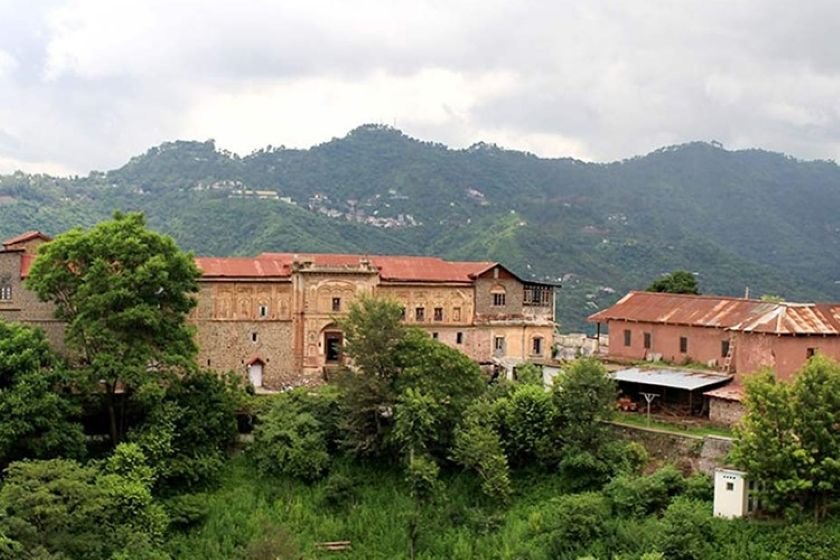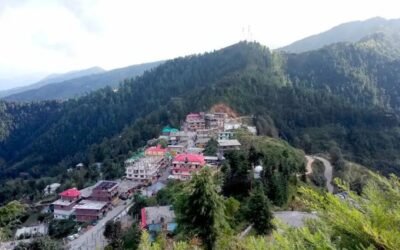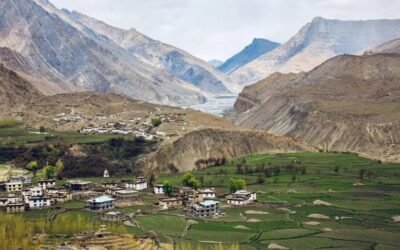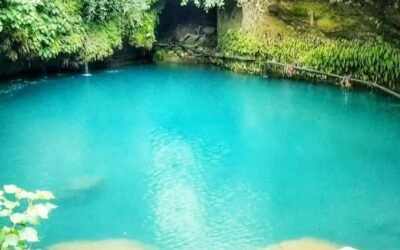📍 Tap for Directions
Location: State Highway 9, near Subathu & Arki, ~33.5 km from Solan, Himachal Pradesh
📅 Season: March–June & September–November for heritage walks and forest immersion
A fort of stone and silence, where Gurkha kings once ruled and Rajputana artistry still lingers in carved pillars
🏛️ Architectural Grandeur & Mughal-Rajput Fusion
Originally built by the Gurkha Kings ~800 years ago, Kuthar Fort showcases:
- Rajasthani-style architecture with Mughal-style arches, colonnades, and convoluted pillars
- Intricate wooden carvings, paintings, and arcades storing royal artifacts
- A blend of Rajputana grace and Himalayan ruggedness, perched at ~1,300 meters altitude
🪵 The fort’s interiors evoke a royal lifestyle, with frescoed ceilings, sanctuaries, and panoramic verandas
🕉️ Historical Legacy & Royal Residence
- Once known as Kishangarh Fort, it served as the residence of the Kuthar royal family
- Renovated over centuries—some sections are 800 years old, others just 80 years
- Built across 52.8 sq km, with gardens, temples, and freshwater springs within the complex
🪦 The fort’s founder, Rana Surat Chand, ruled with a modest infantry and spiritual reverence
🌿 Scenic & Cultural Significance
- Offers views of Shimla’s snow-capped peaks, Subathu Fort, and Kasauli hills
- Nearby attractions include Kunihar, Dagshai Cantonment, and Karol Tibba
- Part of the fort now operates as a heritage resort, offering royal stays and quiet ambiance
🌄 The fort is ideal for sunset photography, heritage walks, and slow travel retreats
🧭 Plan Your Visit
| 🗺️ Travel Tips | 🏡 Stay Options |
|---|---|
| Reach via Solan–Subathu–Kuthar Road (~33.5 km) | Kuthar Heritage Resort, homestays in Subathu or Arki |
| Nearest airport: Jubbarhatti (~1 hr drive) | Combine with Dagshai, Kasauli, or Gurkha Fort |
| Timings: 8 AM – 6 PM | Entry Fee: ₹100 per person |
✨ Why It Belongs in Your Guide
Kuthar Fort reflects:
- Solan’s royal and architectural soul
- A living archive of Gurkha valor and Rajput artistry
- A sanctuary of arches, springs, and ancestral silence
It’s not just a fort—it’s a carved chronicle of kings and cedar, where history rests in stone and story.




